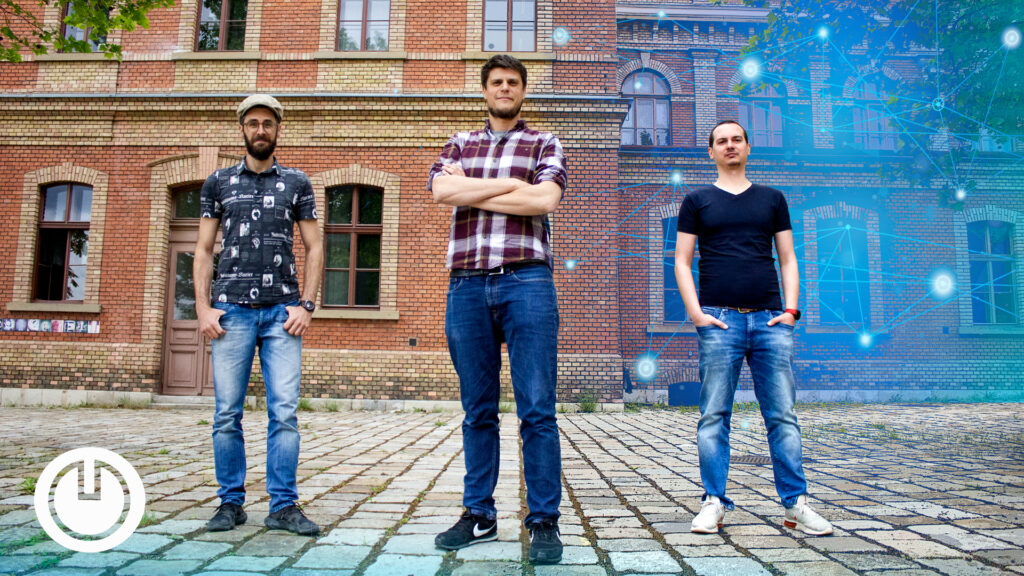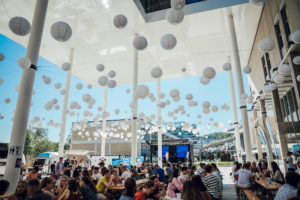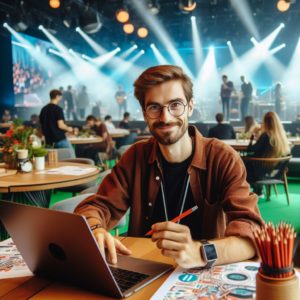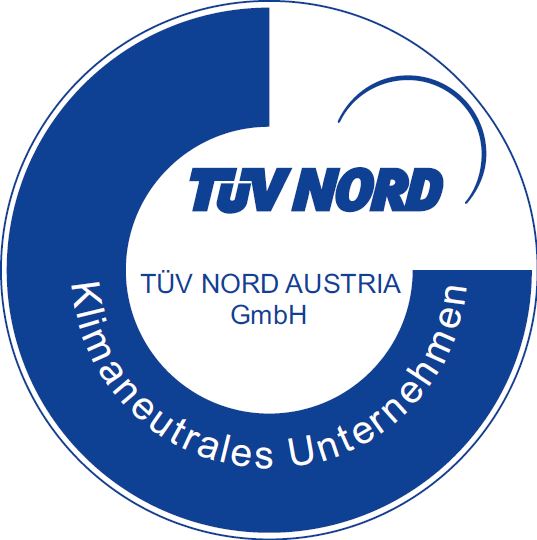The 2020 event year took place largely online. The ONevents team tries to fill the virtual events with life.

VIENNA. Regardless of whether it was an annual conference, congress, trade fair or concert: events in 2020 either fell through due to the pandemic or were relocated to digital space. “The challenge was to still reach, entertain and impart knowledge to customers or guests at a time when meetings were prohibited,” says Alexander Janda about the idea of founding a company that handles virtual events. Postscript: “But in an interesting way”.
The last few months have been about convincing people that online events can also provide added value - as long as they involve participants, says Janda, who founded ONevents in October 2020. As a platform provider for digital or hybrid events, you can handle events professionally and with audience interaction even in these times.
medianet spoke to the ONevents team about technical challenges, sustainability in the event sector and the time after Corona.
“Social component is missing”
It is often forgotten that physical distancing does not mean social distance, says Jochen Praschl, who works in project development at the company. “Everything that has happened in the last few months shows that the social component is totally missing,” he says, “even at events.”
For this reason, they were looking for a way to bring people together - “even if only on the screen via the camera or various chat functions,” says Praschl. The interaction opportunities created by the platform would promote audience participation and thus better generate emotions in visitors - “on which the industry thrives”.
“We connect the event world – the world of organizers who know how to entertain people and convey information correctly – with the technical world,” explains Janda. The company sees itself as an interface that would help event organizers transfer concepts into the digital world.
Avoid tripping hazards
A mistake that is often made with online events is to work with simple websites. Important aspects such as speed, stability or GDPR compliance would quickly be forgotten. Things that were thought through “away from registration” when designing the ONevents platform. In the end, a virtual location is created that “we equip well and that runs in a data-compliant and IT-technically secure manner,” says Jochen Praschl. Classic pitfalls, such as overloading guests, could be avoided in this way.
Janda and Praschl are exposed to problems like these in the community workshops they organize. Organizers, technicians and graphic designers, for example, meet at such “digital regulars’ tables” and exchange ideas about the industry, trends and challenges.
“It’s a balancing act”
“These inputs help us enormously in the development of the platform,” says Janda. They were recently asked how “the presence or absence of guests” can be verified at online events. The software developer at ONevents, Christian Kößler, has found a solution for this: pop-ups that ask participants a question to be answered.
This challenges Kößler in particular, because: “It’s a balancing act.” He himself comes from project management in the IT sector, where projects are “planned and carried out in an extremely structured manner”. This is different in the event industry, where adjustments are sometimes made on the day of the event. When making such changes, care must be taken “that a functioning system is not torpedoed at the last moment,” said Kößler.
However, the software basis is now “very stable”, which means that adjustments can be made at short notice. “We can handle over 2,000 people very easily,” says Christian Kößler.
Range of projects
A variety of online events were supervised, says Praschl. “Everything where people have met to exchange ideas is currently digital and will be hybrid in the future,” he says. “That means it really goes all over the vegetable patch, and every challenge is an exciting one.”
In addition to customers such as the Alpbacher Finanzsymposium or Kronehit, the company also organizes events for charitable purposes, such as for the breastfeeding consultancy La Leche or the Vienna Nature Conservation Association - “completely free of charge,” says Janda.
What connects all events together? “Regardless of whether a 70-year-old cardiologist or a 25-year-old DJ wants to organize an event,” says Praschl, “basically it always comes down to the same thing”: an event should be fun, entertaining and educational.
Enabling inclusion
Alexander Janda is not afraid that their business will collapse after the pandemic. “Then we’ll just go on vacation,” he jokes. “All joking aside: There are certainly events that are more exciting locally. But there are also an incredible number of people who are better digitally.”
In addition, one must also “honestly” look back at the past and at “the madness of resources at major events,” says Praschl. Climate neutrality and environmental protection would be easier to implement through online events than through analogue events.
Nevertheless: “We want people to sit together again,” says Praschl. But they also want to enable people to take part in events who, for various reasons, cannot take part in the local event. The nice thing is to include people at events and break down barriers. “It doesn’t matter if I can’t make it to the event because I’m on another continent or in a wheelchair,” says Praschl, “we can and want to get everyone there.” (red)
Published in medianet.at by the editorial team on June 4th, 2021





